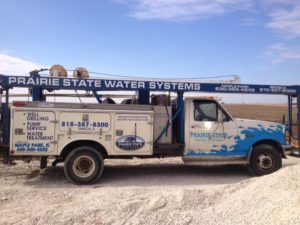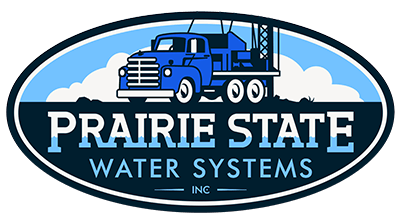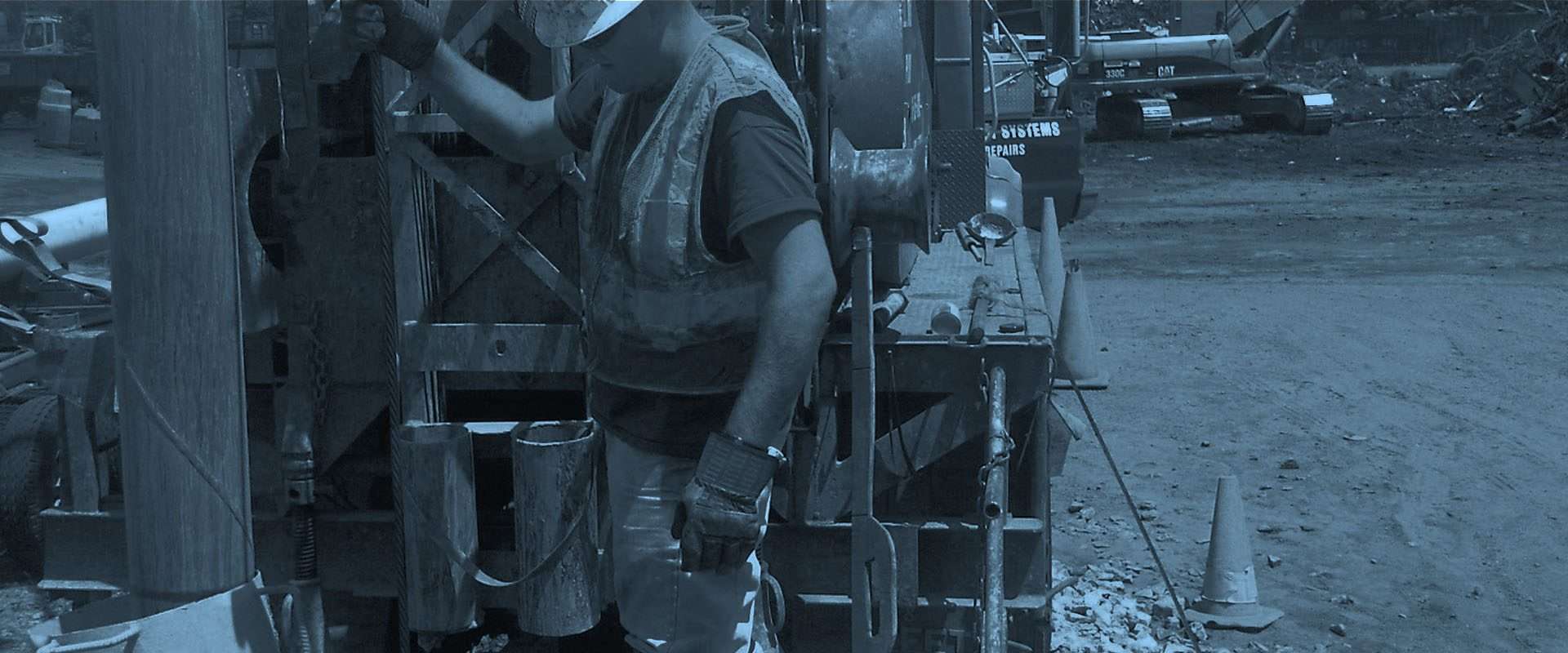29 Sep How to Protect Your Well Water from Contaminants
The first step to protecting your well water from contaminants is to educate yourself on how to protect groundwater. We all have a stake in maintaining the quality and quantity of groundwater – if you own a well to provide water for your family, farm, or business, groundwater protection is doubly important. Private well owners that learn how to manage their own water system can help reduce risks their water supply and have a big impact on the quality of their private water supply. Furthermore, many public water systems draw all or part of their supply from groundwater, so protecting this valuable resource protects the public water supply and impacts treatment costs.
Did you know 99% of all available freshwater comes from aquifers underground? And most surface water bodies, including streams, lakes, and reservoirs, are connected to groundwater. This means that both naturally occurring factors and human activity can have a significant effect on the quality of your groundwater. Being a good steward of groundwater just makes sense.
What can you do to protect the health and quality of groundwater?
- Avoid naturally occurring and human activities that increase contamination
- Avoid water waste
The Impact of Human Activities on Water Resources
Every person can help protect water quality and quantity because human activities often contributes to common groundwater contaminants. Some of the common causes of water pollution caused by human activity include:
- Improper storage of hazardous substances
- Improper use of fertilizers, animal manures, herbicides, insecticides, and pesticides * Chemical spills
- Improperly built and/or maintained septic systems
- Properly abandon wells, including water wells, groundwater monitoring wells, and wells used in cleaning contaminated groundwater) * Hire professionals to property construct water wells
- Improper disposal of pharmaceuticals and personal care products

Types of Naturally Occurring Water Contamination
The substances present in groundwater mirror the surrounding environment and eventually make their way into your well water. If the groundwater poses a health risk for human consumption, proper water treatment will be necessary. As a private well owner, you are responsible for ensuring the safety of your water.
Examples of naturally occurring substances that can quickly become dangerous contaminants are:
- Microorganisms (i.e., bacteria, viruses, and parasites; these tend to be more common in shallow groundwater) * Radionuclides (i.e., radium, radon, and uranium)
- Heavy metals (i.e., arsenic, cadmium, chromium, lead, and selenium)
- Well pump repairs can resolve systems that have been damaged by high iron or sulfur levels.
- Customized water treatment plans for your specific water issues can improve your water supply
Protect Your Groundwater Day
On September 3 the National Ground Water Association recognizes the importance of reducing water pollution and highlights the best ways to manage your water system through water well testing and well maintenance.
ACT – Acknowledge, Consider, Take Action
- Acknowledge the causes of preventable groundwater contamination
- Consider which apply to you
- Take action to prevent groundwater contamination
Explore NGWA tips about how well owners and everyone can ACT to protect groundwater.
Prairie State Water Systems, Inc. offers well water treatment services that provide your residential or commercial property access to a healthy, private water supply. Our trained technicians cover a large area of the Chicago suburbs in color counties, including DuPage, Kane, DeKalb, and LaSalle Counties.
We have offices – give us a call in Maple Park, IL or Marseilles, IL and learn more about our quality well products and services.



Sorry, the comment form is closed at this time.